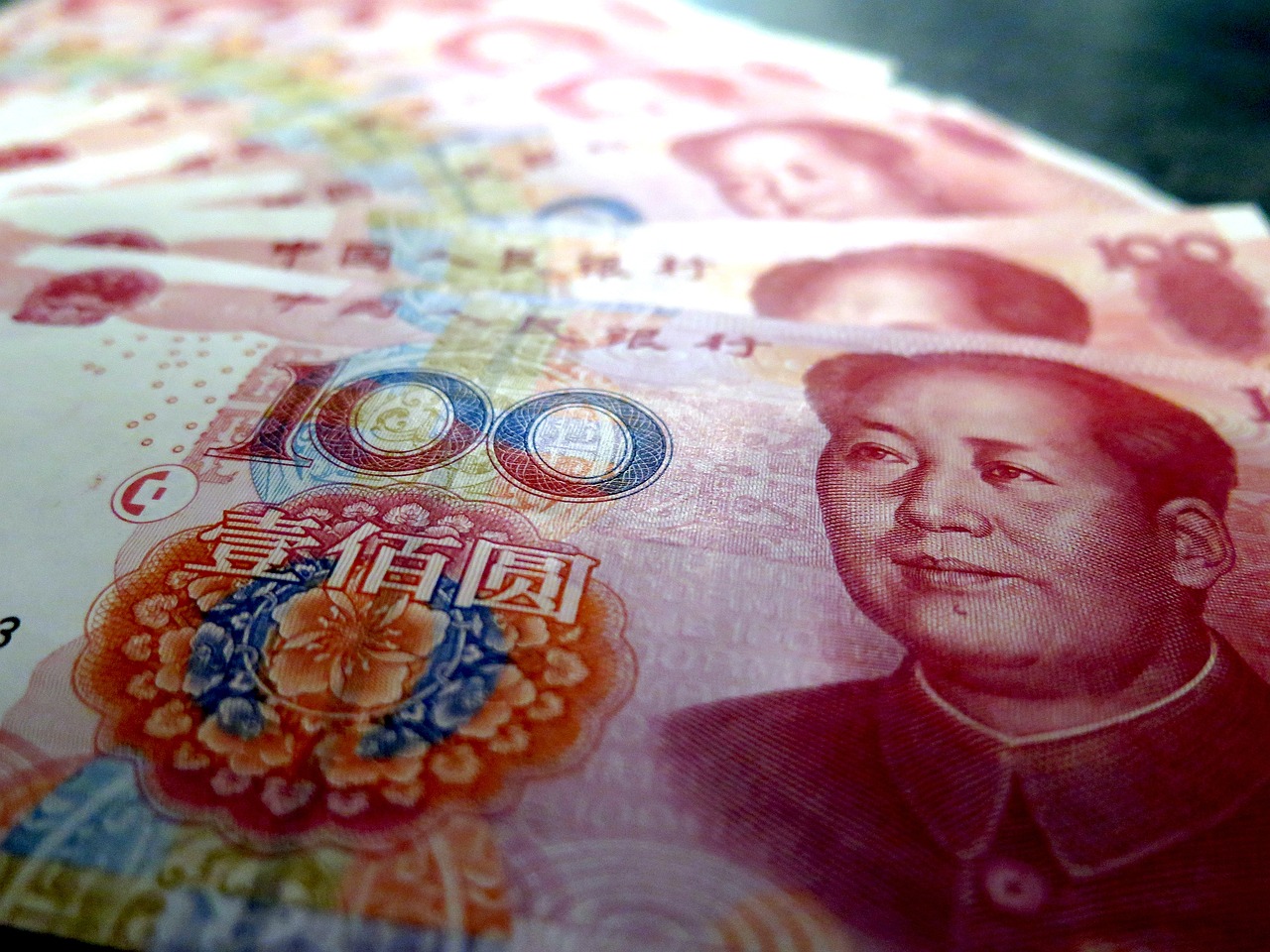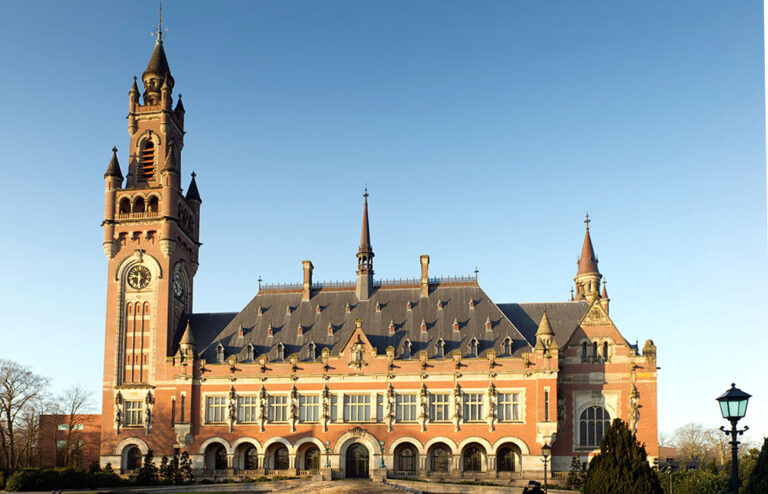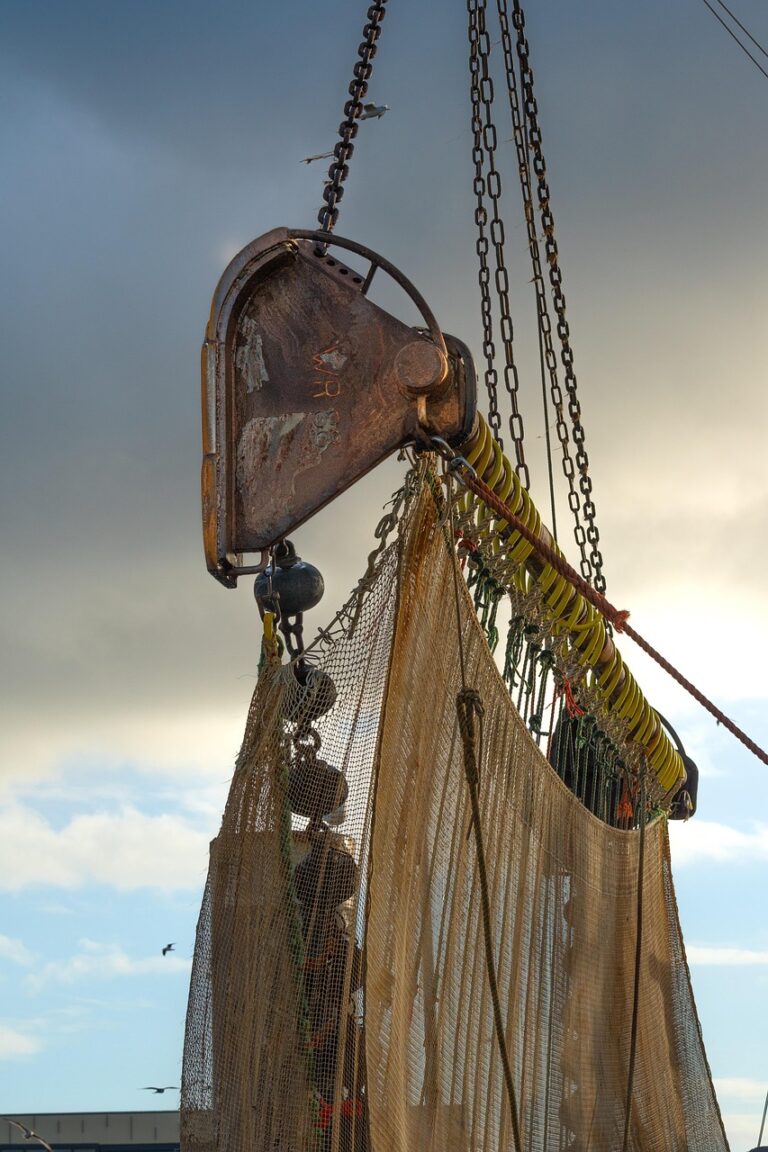
Taipei/Beijing: Did China lure the Republic of Nauru, a tiny island country in Micronesia, northeast of Australia, with monetary support in return for cutting its diplomatic relations with Taiwan? Is Beijing instigating nations to issue “false statements” against Taiwan?
Taiwan claims that China had been making efforts to approach prominent political figures in Nauru, offering economic assistance as an incentive to persuade Nauru to switch diplomatic recognition. Taiwan also accused China of instigating countries such as Somalia, Pakistan, Azerbaijan, and Palestine, to issue “false statements aimed at downgrading Taiwan’s sovereign status”.
To establish its claim of China using money power to influence small nations, Taiwan referred to the vote of no confidence against then President Russ Joseph Kun on October 25 last year by the Parliament of Nauru. On October 30, it elected David Adeang as his successor and completed a cabinet reshuffle.
“After the new government assumed office, Taiwan promptly engaged Nauru regarding bilateral cooperation projects. However, Nauru repeatedly demanded massive amounts of economic assistance from Taiwan and proceeded to compare Taiwan’s aid proposals with those of China,” the Taiwan Ministry of Foreign Affairs claimed. It claimed Nauru was lured by “China’s enticements”. and thus disregarded the long-term assistance and friendship from Taiwan. The island nation began negotiations with China on the establishment of diplomatic relations, deferred to China’s “one China principle” and adopted “false narratives stemming from an erroneous interpretation of UN General Assembly Resolution 2758”.
China’s foreign ministry spokesperson Mao Ning responded by saying that as a sovereign country Nauru “independently made the right choice” to announce its recognition of the one-China principle and break its diplomatic ties with Taiwan. “This fully shows that the one-China principle is where global opinion trends and where the arc of history bends,” she said. She added: “The Nauru government’s decision of re-establishing diplomatic ties with China once again shows that the one-China principle is where global opinion trends and where the arc of history bends. China stands ready to work with Nauru to open new chapters of our bilateral relations on the basis of the one-China principle.”

Much is already being speculated over the timing of Nauru’s decision to cut diplomatic relations with the Taiwan authorities after the elections in Taiwan. The Nauru Government said the decision was “in the best interests of the Republic and people of Nauru”.
“Our government remains focused on moving Nauru forward and this policy change is a significant first step in moving forward with Nauru’s development,” it said, adding that its decision was in line with UN Resolution 2758 which recognises the People’s Republic of China (PRC) as the sole legal Government representing the whole of China and seeking resumption of full diplomatic relations with the People’s Republic of China (PRC).
The decision of the world’s tiniest island nation with a population of just about 11,000 raises much speculation at a time when China lost its reunification hope with Taiwan following the victory of the pro-democracy Presidential candidate of the ruling Democratic Progressive Party, Lai Ching-te, in the January 13, 2024 elections. Lai had claimed that China tried to interfere to get him defeated with its proxy candidate in the elections.
The United States described the Nauru government’s decision as a “disappointing one”, the United States claimed that China “often makes promises in exchange for diplomatic relations that ultimately remain unfulfilled”.
International diplomacy has gained momentum following Lai’s election as Taiwan’s next President. Post-election, Taiwan did not mince words to hit hard at China, claiming the latter interfered in the elections by resorting to tactics such as “military intimidation, economic coercion, diplomatic bullying, political pressure, cognitive warfare, and push for integration and annexation”.
Also read: Taiwan’s new President-elect Lai Ching-te has a job in hand
Taiwan’s Ministry of Foreign Affairs released a statement on January 13, 2024, claiming despite China’s use of hybrid warfare to meddle in Taiwan’s democratic process and attempts to erode Taiwan’s democratic system, Taiwanese voters decided with a “clear and calm” mind to safeguard their hard-won free and democratic way of life. “At the same time, China’s interference in Taiwan’s elections exposed the schemes and tactics employed by authoritarian regimes to meddle in democratic elections,” it added.
China now cites its diplomatic relations with 182 countries which it says is based on the one-China principle. However, the US Department of State, the Japanese Ministry of Foreign Affairs, and the European External Action Service, and a close neighbour Singapore promptly conveyed felicitations to President-elect Lai and Vice President-elect Bi-khim Hsiao and “highly” commended Taiwan’s democratic accomplishments.
Stating that Taiwan was America’s “reliable, likeminded, and democratic partner,” the US State Department stated that the US encourages all countries to expand engagement with Taiwan and to continue to support democracy, good governance, transparency, and adherence to the rule of law.
“The United States will continue to deepen and expand our engagement with Taiwan on our many shared interests and values, support Taiwan’s meaningful participation in the international community, and deepen our economic ties, consistent with our longstanding one China policy,” US State Department Spokesperson Matthew Miller said in Washington.
Already delegations from diplomatic allies, the United States and Japan had reached Taiwan and delegations from over a dozen countries were expected to arrive in Taiwan to offer congratulations “in a concrete demonstration of support for democratic Taiwan”. Taiwan claimed it received congratulatory messages from more than 30 countries.
China named Russia, Indonesia, Viet Nam, Cambodia, Laos, Bangladesh, the Philippines, Sri Lanka, Nepal, South Africa, Egypt, Ethiopia, Zimbabwe, Kazakhstan, Uzbekistan, Tajikistan, Belarus, Serbia, Hungary, Papua New Guinea, Cuba, Venezuela, the SCO and the Arab League, that “publicly reaffirmed their commitment to the one-China principle, their firm support for China’s effort to safeguard the nation’s sovereignty and territorial integrity, their opposition to any form of “Taiwan independence” and their support for China’s cause toward reunification”.
Taiwan declared that it will never yield to pressure or diplomatic suppression from China’s authoritarian government, and even slammed Russia for “willingly become an accomplice of the Chinese Communist Party regime, deliberately echoing China’s fallacious “one China principle” claims following Taiwan’s elections”.
– global bihari bureau.





